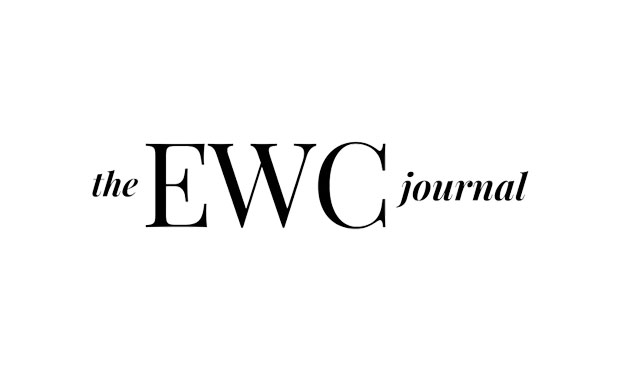By Ruiti He
On usual days at 8 a.m., the Arches National Park in Utah is full of people and tourists. They are usually always at max capacity which ends up making the gates close. Tourists would be on the lands surrounding the federal public lands. The crimson canyons, clear water cut gorges that were the first to put one of the West’s adventure tourism capitals on the map.
During a hot afternoon, swimming areas along with a federal Bureau of Land Management trail east of town, normally a quiet place from the loud sounds from Arches and closely placed Canyonlands national parks.
The summer or 2021 made people visit the rural West’s nature in large numbers, desperate to forget about COVID and the lockdown.
“Everybody’s been stuck in the house. They all want to get out and have a blast,” says Sid Trivedi of Indiana.
Moab was once regarded as a national model for reviving a tourism and recreation-based economy. McGann moved here as a child in the 1950s, when it was a sleepy uranium mining town. By the late 1980s, everything had gone wrong. Soon after, a group of locals who had lost their mine jobs opened a mountain biking shop.
“We moved toward tourism, and we were excited about it. We thought tourism won’t have the environmental impact that mining has,” McGann says. “In hindsight, I think tourism now is having more of a negative environmental impact on our surrounding areas.”
The current visitor influx has prompted local officials to question whether they are over-promoting themselves.
“It’s a good problem to have, especially coming out of a pandemic and a couple of months of no income for a lot of folks,” says Moab Mayor Emily Niehaus. “It’s a good problem, but it’s still a problem.”
Some attribute this to a Utah law that requires towns like this to spend the majority of their hotel tax money on marketing in order to attract more tourists. Local leaders did persuade state legislators this year to give them. Leaders in this town are also putting pressure on the National Park Service to implement a reservation system at Arches. However, one of the most common complaints is that environmental regulations on federal public lands are rarely enforced.more leeway in using some of this money to pay for tourist impacts (Ironically, the law dates back to the mining bust, when Moab lobbied the state to allow them to spend more money on tourism promotion.). There are only three federal law enforcement rangers patrolling this wild area the size of Delaware, a perennial problem that is not unique to this part of the West.
“Basically any flat spot on a busy weekend people are camped there, even if [it’s] right next to the no camping sign,” says Kerry Kelly, a part-time Moab resident and an assistant professor at the University of Utah.
Kelly began speaking out in June, after an illegal campfire sparked a wildfire that destroyed her home and three others between Moab and the La Sal Mountains. At the time, there was a fire ban in effect. However, Kelly claims that many new visitors have little knowledge of nature or the region’s dryness.
“People that grow up in the West know that would be a really bad idea to do that and it’s prohibited,” she says. “On the other hand, you might come from an area of the country that is much less flammable and you might not really understand that.”
Kelly believes it is time for towns like this to slow down on marketing and invest more in educating visitors and building infrastructure to support locals.
Source:
https://www.npr.org/2021/07/31/1022227257/national-park-gateway-towns-tourism-crowded-pandemic











